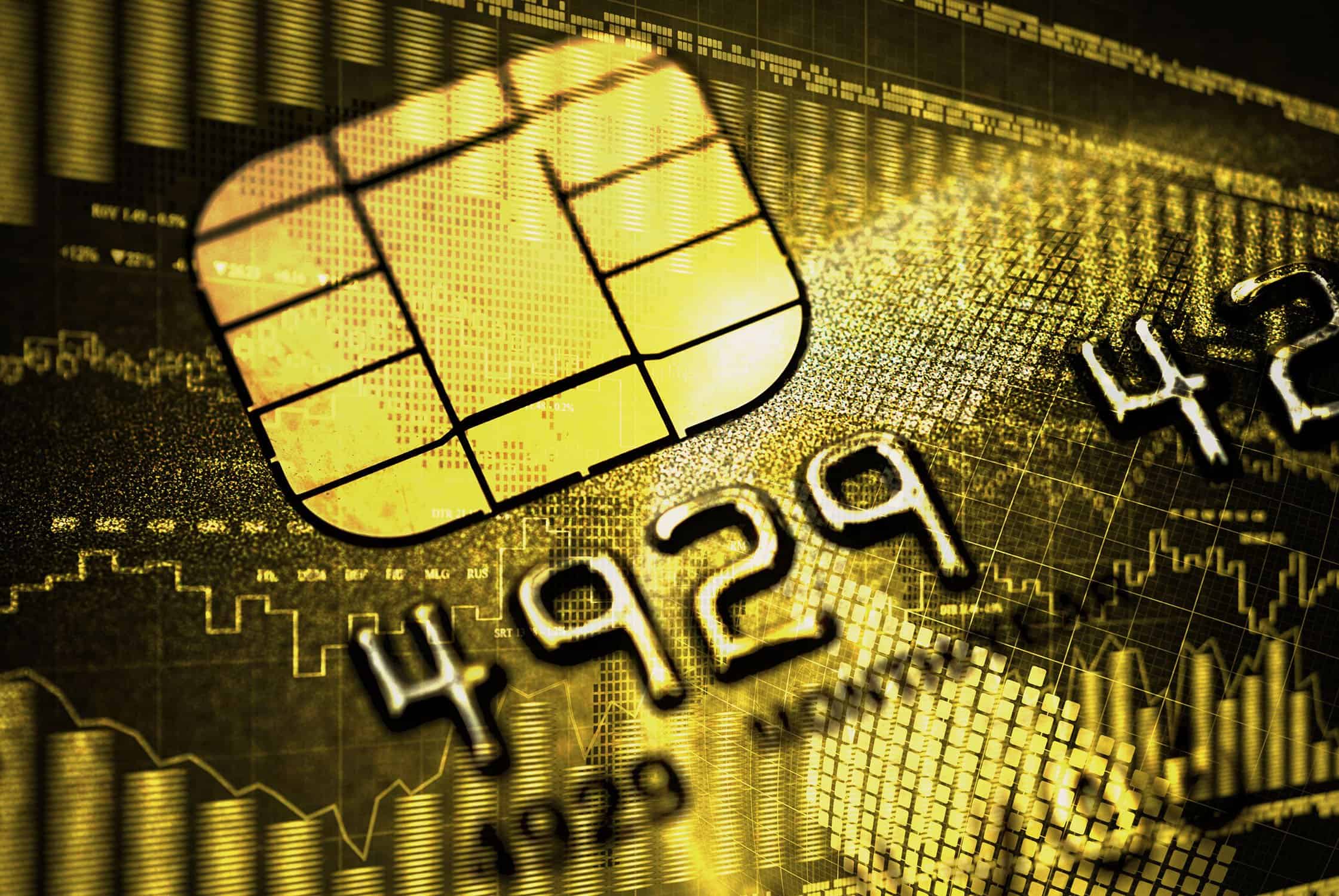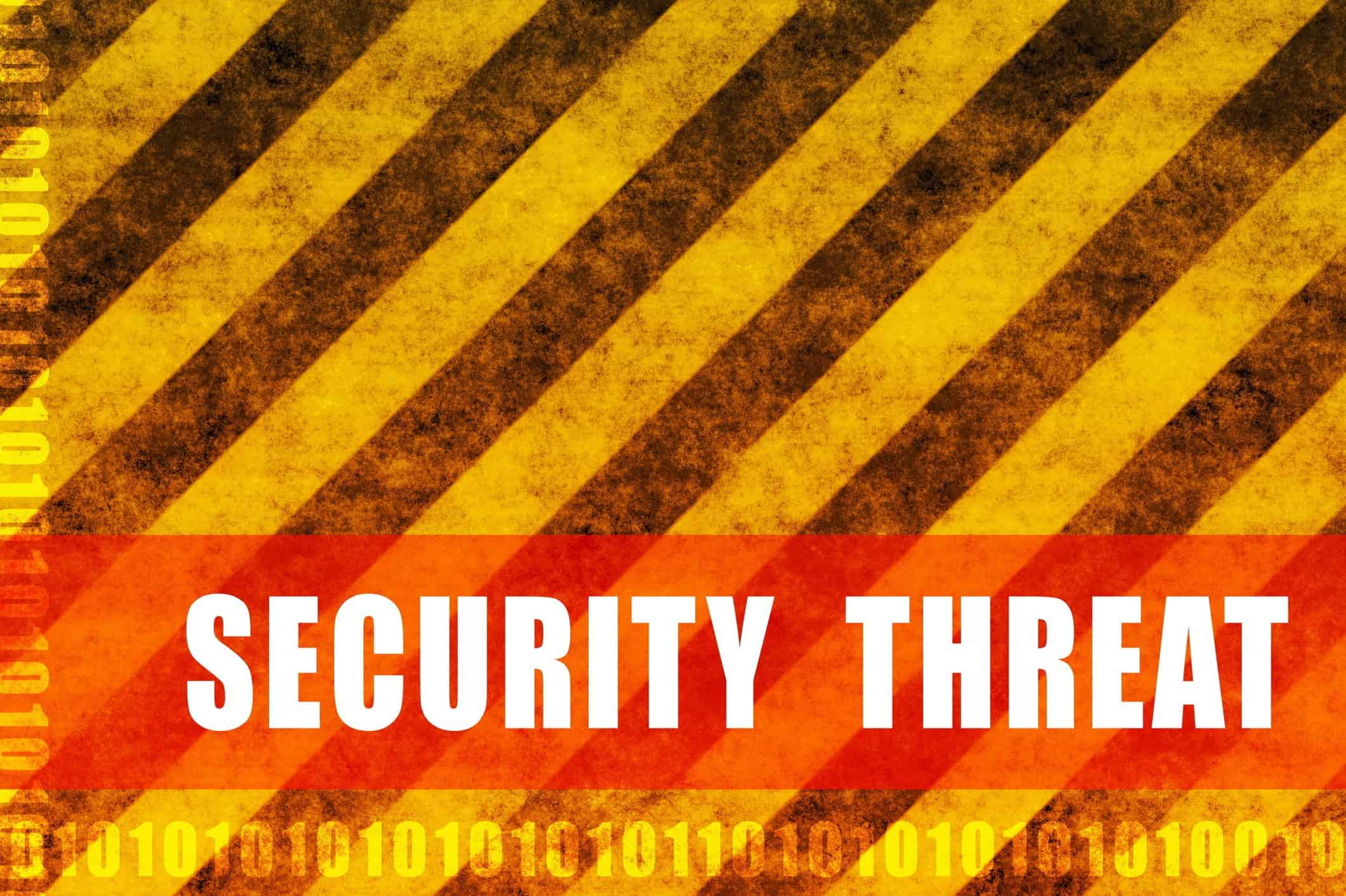As compliance costs skyrocket, standards grow increasingly complex, and the cyber threat environment evolves, organizations are turning to RegTech solutions to automate their compliance processes and improve their overall cybersecurity posture.

Compliance with regulatory and industry standards, such as HIPAA, PCI DSS, FedRAMP, and SSAE 16 SOC reporting, are a burdensome yet necessary part of doing business in the digital world. Organizations operating in highly regulated industries, such as healthcare and finance, face significant compliance challenges, especially when they must comply with multiple standards. HIPAA, for example, applies to any organization that handles medical records, including schools, collection agencies that handle medical debt, personal injury attorneys, and SaaS providers of healthcare software; meanwhile, these same organizations may also have to comply with PCI DSS, SSAE 16 reporting, SOX, and other applicable standards.
Organizations must figure out which standards apply to them, then continually keep up with reporting requirements, audits, and the inevitable changes in those standards as technology and the cyber threat environment evolve. It is estimated that regulatory compliance costs U.S. businesses about $2 trillion annually, and in a perverse twist, small businesses’ compliance costs are over three times higher than what large companies bear. This heavy burden helps explain why so many enterprise cybersecurity “plans” start and end with compliance, even though compliance does not equate to data security. It’s not necessarily that organizations don’t care about whether their data is secure, but that they spend so much money and time on compliance, there’s nothing left to tackle cybersecurity.
Fortunately, technology has made it possible for organizations to achieve compliance and secure their systems and data at an affordable cost.
RegTech to the Rescue
One of the biggest problems in many organizations is the fact that their compliance processes – or the processes of their third-party compliance providers – are not automated. Some companies still use spreadsheet programs such as Excel for compliance reporting and audits, even though Excel was never meant to be used with the very large data sets produced by today’s complex data environments. But RegTech software, such as Continuum GRC’s IT Audit Machine (ITAM), can.
While the term “RegTech” is most commonly associated with the finance industry, RegTech solutions can be employed by any organization that must adhere to compliance standards, including healthcare, cloud computing, SaaS, education, and public-sector organizations. RegTech solutions utilize big data capabilities and rapid report creation to automate data management and reporting. Instead of multiple, disparate spreadsheets and ledgers, RegTech software creates a centralized repository of all IT compliance requirements with associated controls and automated information flows for audits, assessments, and testing.
Making Sense of Big Data
The big problem with big data is that it amounts to a lot of big noise unless you have the capability to analyze it and derive actionable insight from it. RegTech doesn’t just simplify your compliance processes; it also strengthens your enterprise’s cybersecurity by providing the advanced data analysis capabilities you need to make sense of your data environment and discover where your vulnerabilities lie. The ITAM, for example, integrates IT governance, policy management, risk management, and incident management. In addition to taking the pain out of the compliance process, it empowers you to document and analyze IT risks, develop mitigation plans, define security controls, and manage ongoing risk assessments so that you can anticipate new and emerging threats and stop them before a breach occurs.
RegTech is poised to transform IT governance, compliance, and cybersecurity. Organizations that employ this new technology will free up money, time, and human resources to innovate, create, and pursue long-term organizational goals instead of being bogged down in regulatory paperwork and worried about data breaches and other cyber attacks.
The cybersecurity experts at Lazarus Alliance have deep knowledge of the cybersecurity field, are continually monitoring the latest information security threats, and are committed to protecting organizations of all sizes from security breaches. We offer full-service risk assessment services and Continuum GRC software to protect companies from data breaches, ransomware attacks, and other cyber threats.
Lazarus Alliance is proactive cybersecurity®. Call 1-888-896-7580 to discuss your organization’s cybersecurity needs and find out how we can help your organization successfully simplify Governance, Risk, and Compliance, and secure your systems.

